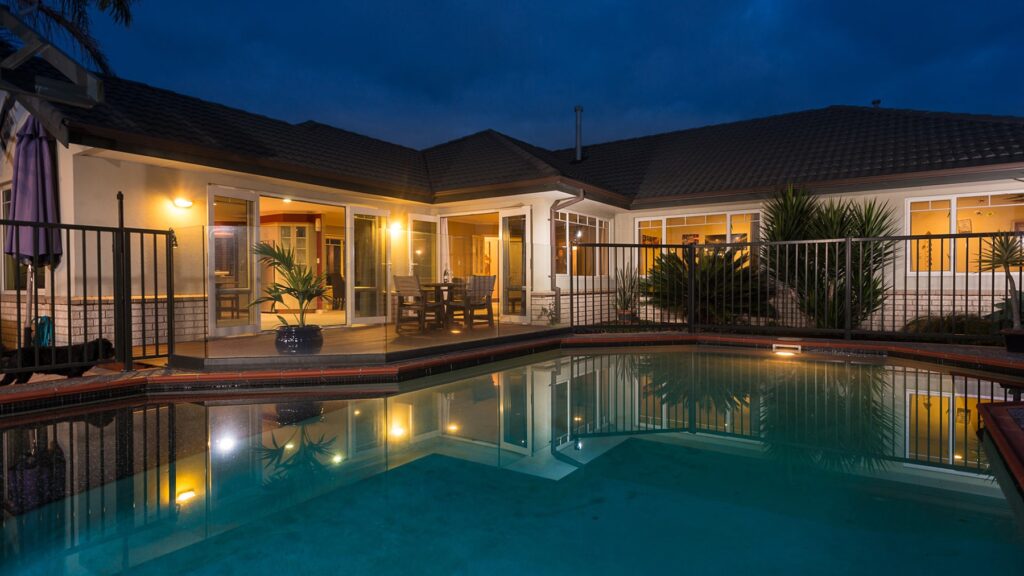Introduction: In the world of real estate, the art of storytelling has become an influential tool for captivating buyers, creating emotional connections, and making a lasting impact. As we embrace the year 2023, storytelling continues to evolve and take on new dimensions within the industry. In this blog post, we explore the recent trends in real estate storytelling that are reshaping the way properties are presented, marketed, and experienced. Discover how these trends are revolutionizing the real estate landscape and captivating the imaginations of buyers in the process.
- Immersive Virtual Tours: Virtual reality (VR) and augmented reality (AR) technologies have become increasingly prevalent in real estate storytelling. They offer prospective buyers the opportunity to experience properties in a truly immersive and interactive way. Through VR and AR, potential buyers can explore homes, apartments, or commercial spaces as if they were physically present, gaining a deeper understanding of the property’s features, layout, and ambiance. This technology allows for a more engaging and memorable storytelling experience, making properties come alive in the digital realm.
- Personalized Video Content: Video has become a powerful storytelling medium, and real estate professionals are leveraging this trend to create personalized and compelling narratives. Rather than relying solely on traditional property tours, video content now focuses on storytelling elements that evoke emotions and resonate with buyers on a deeper level. Professionals are incorporating cinematic techniques, beautiful visuals, and engaging narratives to showcase not just the physical attributes of a property, but also the lifestyle and experiences it offers. These personalized videos create an emotional connection with buyers, enabling them to envision themselves in the space and fostering a sense of belonging.
- Sustainable and Eco-Conscious Narratives: In recent years, sustainability and eco-consciousness have emerged as key themes in real estate storytelling. Buyers are increasingly interested in properties that align with their values and contribute to a greener future. Real estate professionals are incorporating narratives that highlight sustainable features, energy-efficient technologies, and environmentally friendly design elements. Storytelling focuses on the eco-friendly aspects of a property, emphasizing the benefits for both the environment and the occupants. This trend not only appeals to environmentally conscious buyers but also positions properties as forward-thinking and socially responsible investments.
- Cultural and Historical Significance: Real estate storytelling is no longer limited to the physical attributes of a property; it now encompasses the cultural and historical significance of the surrounding area. Buyers are intrigued by properties that have a rich heritage, a unique story, or a connection to the local community. Real estate professionals are incorporating narratives that delve into the history, architecture, and cultural context of a property and its surroundings. This storytelling approach creates a sense of place and fosters an emotional attachment to the property, appealing to buyers who appreciate authenticity and a deeper connection to their environment.
- Influencer and User-Generated Content: The rise of social media has given birth to a new trend in real estate storytelling: influencer and user-generated content. Real estate professionals are collaborating with social media influencers, bloggers, and content creators to showcase properties and their unique features. These influencers provide authentic and relatable narratives that resonate with their followers, creating a sense of trust and credibility. Additionally, user-generated content, such as reviews and testimonials, plays a significant role in the storytelling process. Real estate professionals curate and amplify positive experiences shared by previous buyers, further enhancing the story and reputation of a property.
Conclusion: Storytelling continues to be a driving force in the real estate industry, enabling professionals to connect with buyers on a deeper level and create lasting impressions. With the emergence of immersive technologies, personalized video content, sustainable narratives, cultural significance, and influencer collaborations, real estate storytelling is experiencing an exciting evolution in 2023.



